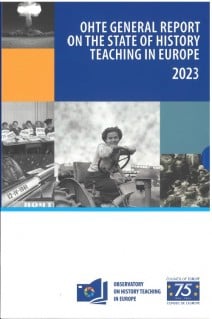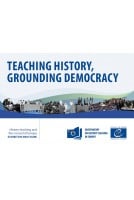Why do we learn history?
History education is increasingly recognised for its contribution to democratic citizenship education. Knowledge of the past is important not only for its own sake but also for developing young people’s analytical and critical thinking skills. It should not only provide them with factual information, but it should also develop their historical thinking, thus allowing them to become informed, active citizens.
When taught according to quality history teaching precepts, history as a subject matter can play a crucial role in building and maintaining democratic societies.
How history is taught matters.
The mission of the Observatory on History Teaching in Europe (OHTE) is to provide a clear picture of the state of history teaching in its member states. This is done through OHTE general reports on the state of history teaching in Europe and OHTE thematic reports, which explore particular areas of interest and how they are treated in history lessons.
This first OHTE General report on the state of history teaching in Europe captures the state of history teaching in the OHTE member states. It covers topics such as the place of history in education systems, thematic foci within curricula, the use of history textbooks and other educational resources, preferred pedagogical practices, learning outcomes and assessment, as well as information on history teachers and their training.






